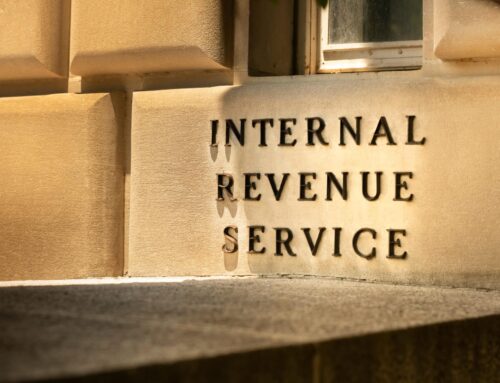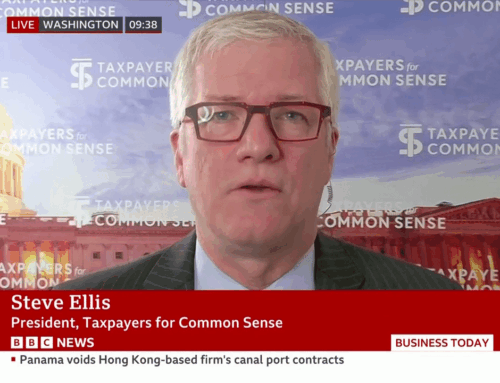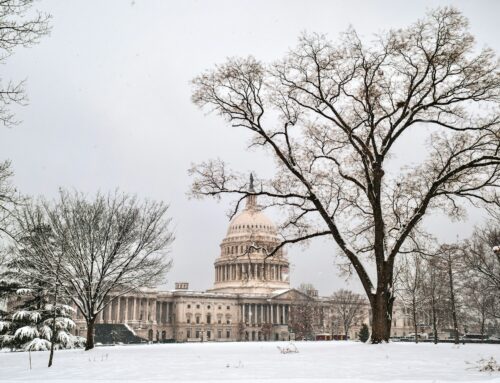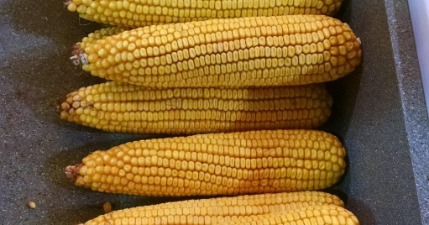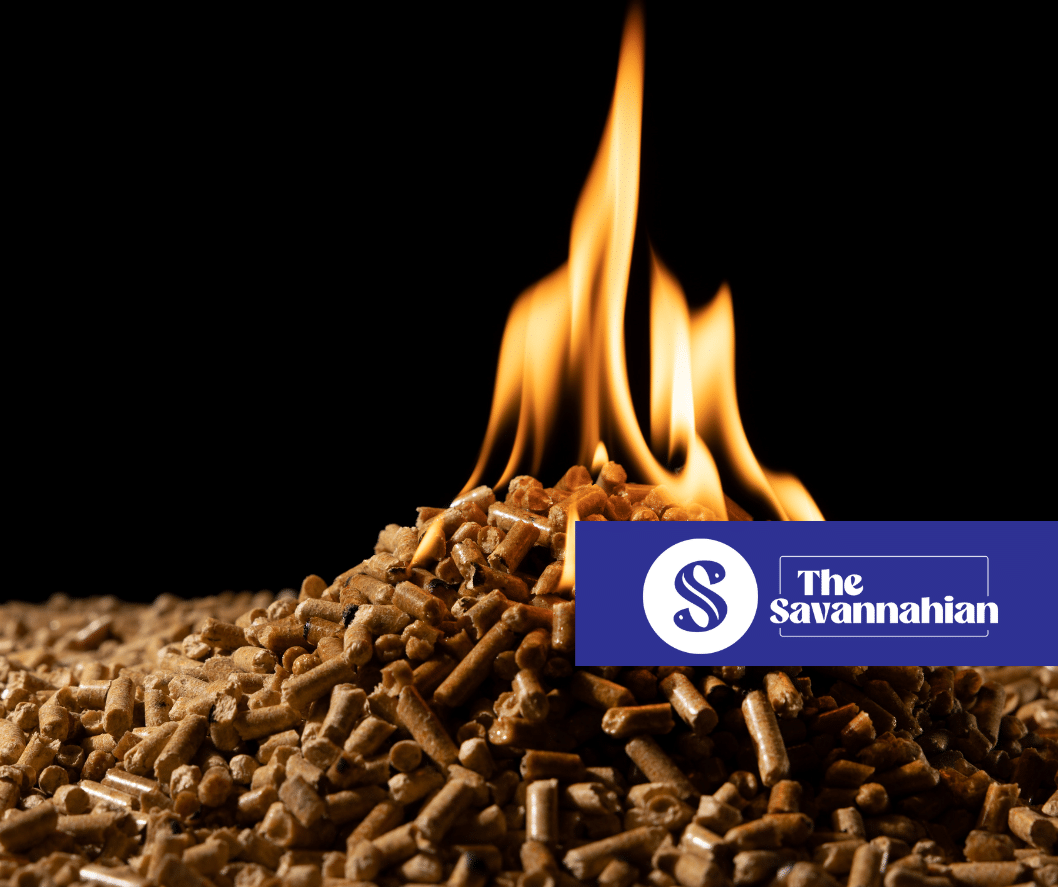For many Americans, the Fourth of July is not just a day to celebrate the birth of our nation, but also to enjoy a few adult (ahem, alcoholic) beverages. A beer at the barbeque, maybe bourbon to toast the stars and stripes afterward. Well, Congress stands ready to help you buy that bottle – or at least help the brewers and distillers who sell you your booze of choice. Whether you get a price cut remains to be seen.
A quick scan of the legislation introduced in the first six months of the 114th Congress reveals at least ten bills that would give tax breaks to brewers and distillers. That must mean the industry is in trouble: normally, you give a tax break to subsidize something that wouldn’t otherwise occur. Except that is decidedly not the case. In fact the industry is growing by leaps and bounds under the existing tax structure.
Let’s start by looking at breweries. According to the Brewers Association, in 1979 there were only 89 breweries in the U.S. By 2012, that number had grown to 2,456. In 2014, there were 3,464 breweries – an increase of more than 40 percent in just two years! So it sure doesn’t look like the current tax provisions are stifling growth.
Distilleries are on the rise as well. Estimates vary, but there were less than 30 craft distilleries in 2000, and only 52 by 2005. That number soared to more than 700 small distilleries alone in 2014 according to the Distilled Spirits Council of the United States. And it shouldn’t be hard for Congress to see evidence of the boom. In 2013, the first (legal) distillery opened in the District of Columbia since well before Prohibition. Today, there’s already a second distillery and a third is not far behind.
Yet lawmakers are proposing all manner of changes. The excise tax for liquor has been $13.50 per proof gallon since 1990. Now as the boom ramps up, there is a call that it is more costly vis-à-vis alcohol content than the tax for beer or wine. So the consensus decision from the industry is that the first 100,000 proof gallons from a distillery should be taxed at $2.70 and everything after that at $9.00 – a one-third reduction. And it would apply to both domestic and imported booze. Another subsidy for multi-national conglomerates! There is a competing bill that only reduces the tax rate to $2.70 for distilleries producing 100,000 proof gallons or less, but again, the industry is booming – what are we trying to accomplish?
Enter bourbon. Members of the Kentucky delegation have a bill that would allow whiskey producers that age their product to write off interest expenses to finance inventories during the aging period instead of capitalizing them. The Kentuckians argue that this is more similar to the way their overseas competitors’ whisky is treated, and therefore more fair than the current U.S. system. But this argument fails to recognize the wide variety of differences between tax codes in different countries, not just how aged liquor is treated. Besides, while both bourbon and scotch are brown liquor, there’s a big difference between an aged sweet bourbon and a smoky Islay scotch. Not that one is necessarily better than the other, but it’s a much bigger difference than between Coke and Pepsi, or Dr. Pepper for that manner. Consumer demand is likely driven more by taste than cost or tax burden. It’s also curious that the House bill only applies to the “natural aging process” and the Senate bill applies to the “aging process.” We don’t know if that was intentional but there are certainly some unnatural “aging” processes out there.
Beer doesn’t want to be left behind. The Small BREW Act would have breweries making less than six million barrels (a barrel is 31 gallons) pay a per-barrel tax of $3.50 (currently $7.00) for the first 60,000 and $16 (currently $18) for production up to 2 million barrels. The Fair BEER Act one-ups this by making the tax $0 for the first 7,143 barrels, then institutes the Small BREW Act’s rates, but would also extend them to large breweries and beer importers. There are even provisions proposed for hard cider. First, they want to include pear in the category – okay – but then they want to make it so that 8.5 percent alcohol by volume (up from 7) counts as hard cider and that it can be a bit fizzier without triggering the much higher sparkling wine tax treatment. Twenty years ago, the cider sector was virtually non-existent in this country, and now there are major commercial campaigns for the stuff. Again, it seems hard to make the case that we need to change the tax code to encourage growth in the sector.
Sure those of us that indulge might want to spend a little less on our next bottle of hooch or can of suds, but the fact is that money has to come from somewhere. This is a marketplace that is booming. Americans have more options than anyone can remember, and that’s not enough? Forget sailors, maybe they should change the term to spending like a drunken lawmaker.



